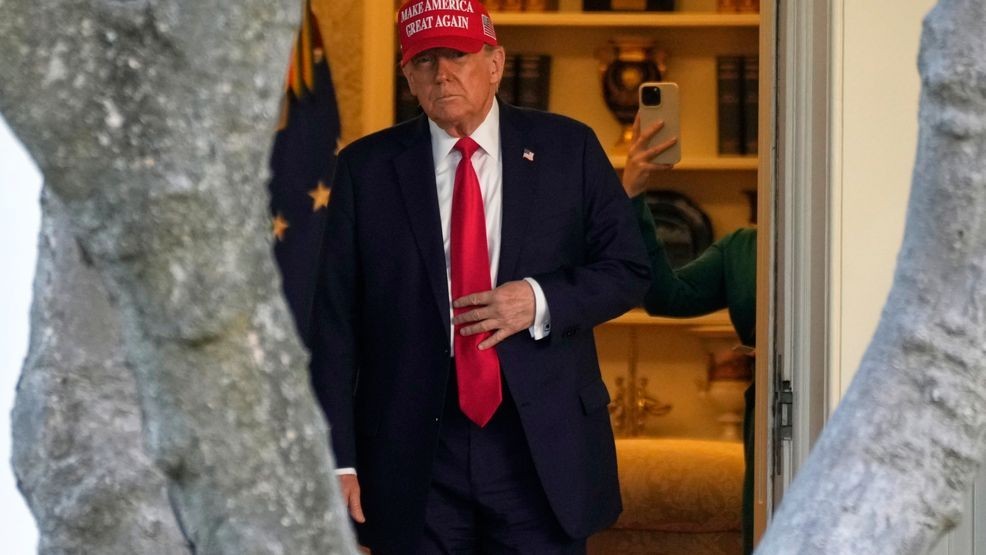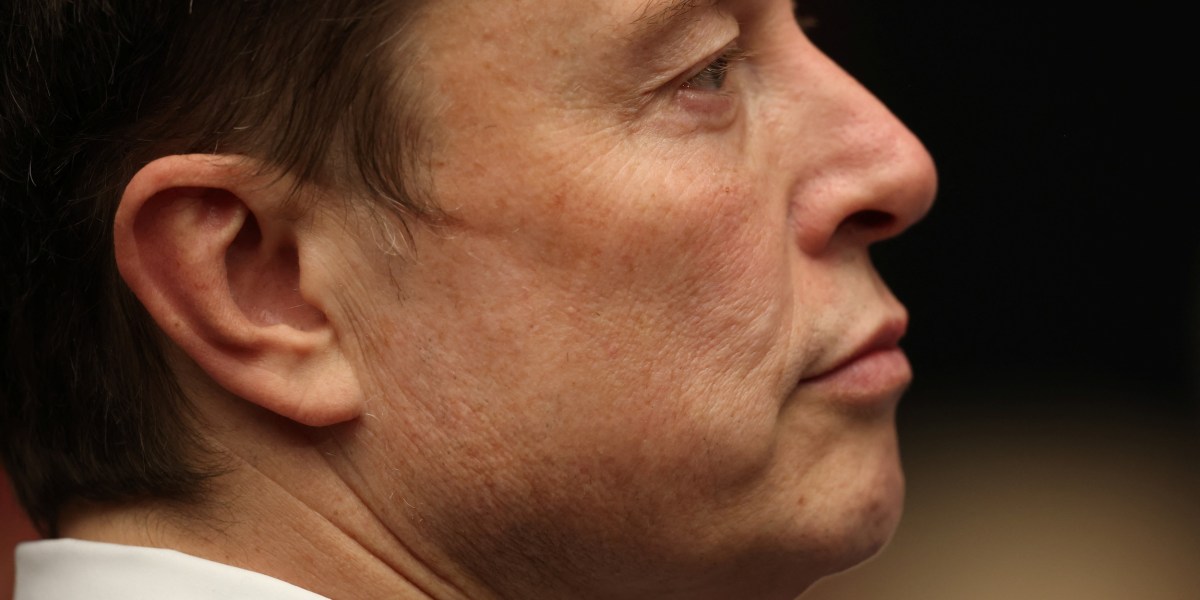WASHINGTON (TNND) — President Trump is set to announce his long-promised sweeping tariffs this week, leaving businesses both domestically and internationally on edge about the potential economic impact.
The President has dubbed the anticipated announcement “Liberation Day,” with the unveiling expected on April 2. Investors at home and abroad have been anxious, as Trump has yet to disclose the size and scope of the tariffs.
They will be kinder to those countries than they were to the United States of America over the decades. They ripped us off like no country’s ever been ripped off in history, and we’re gonna be much nicer than they were to us but it’s substantial money for the country nevertheless,” Trump told reporters aboard Air Force One on Sunday.
The tariffs are expected to target most trading partners and go along with a new 25% tax on imported cars and parts, which could significantly raise vehicle prices. Trump, however, appeared unfazed by this potential outcome, telling NBC News over the weekend he “couldn’t care less” if foreign car prices go up.
The White House is touting long-term benefits from the tariffs, alongside offsets from tax cuts currently being negotiated on Capitol Hill.
We’re gonna raise about $100 billion with the auto tariffs alone. What we’re gonna do is, in the new tax bill that has to pass, it absolutely has to pass, we’re going to provide tax benefits, tax credits to people who buy American cars,” Peter Navarro, White House Senior Counselor for Trade and Manufacturing, said on Sunday.
Economic warning signs are emerging, with Goldman Sachs increasing the likelihood of a U.S. recession in the next year to 35%, up from 20%, citing tariffs as a factor that could drive inflation and unemployment higher.
Ernie Goss, an economist at Creighton University, has expressed support for much of the President’s economic agenda but warned that tariffs could strain the economy.
“If you added 25% of tariffs to all of our imported goods, you’d generate about 1 trillion dollars. Well that alone, that’s based upon the fact that consumers won’t pull back. They will pull back,” Goss said.
Goss also said prolonged auto tariffs are likely to keep Americans in cars for longer, rather than buying new, predicting repair businesses could boom while manufacturing takes a hit.
The tax bill under negotiation in Congress is a top priority, largely extending the 2017 tax cuts from Trump’s first term. New policies could include tax reductions on tips and Social Security.


